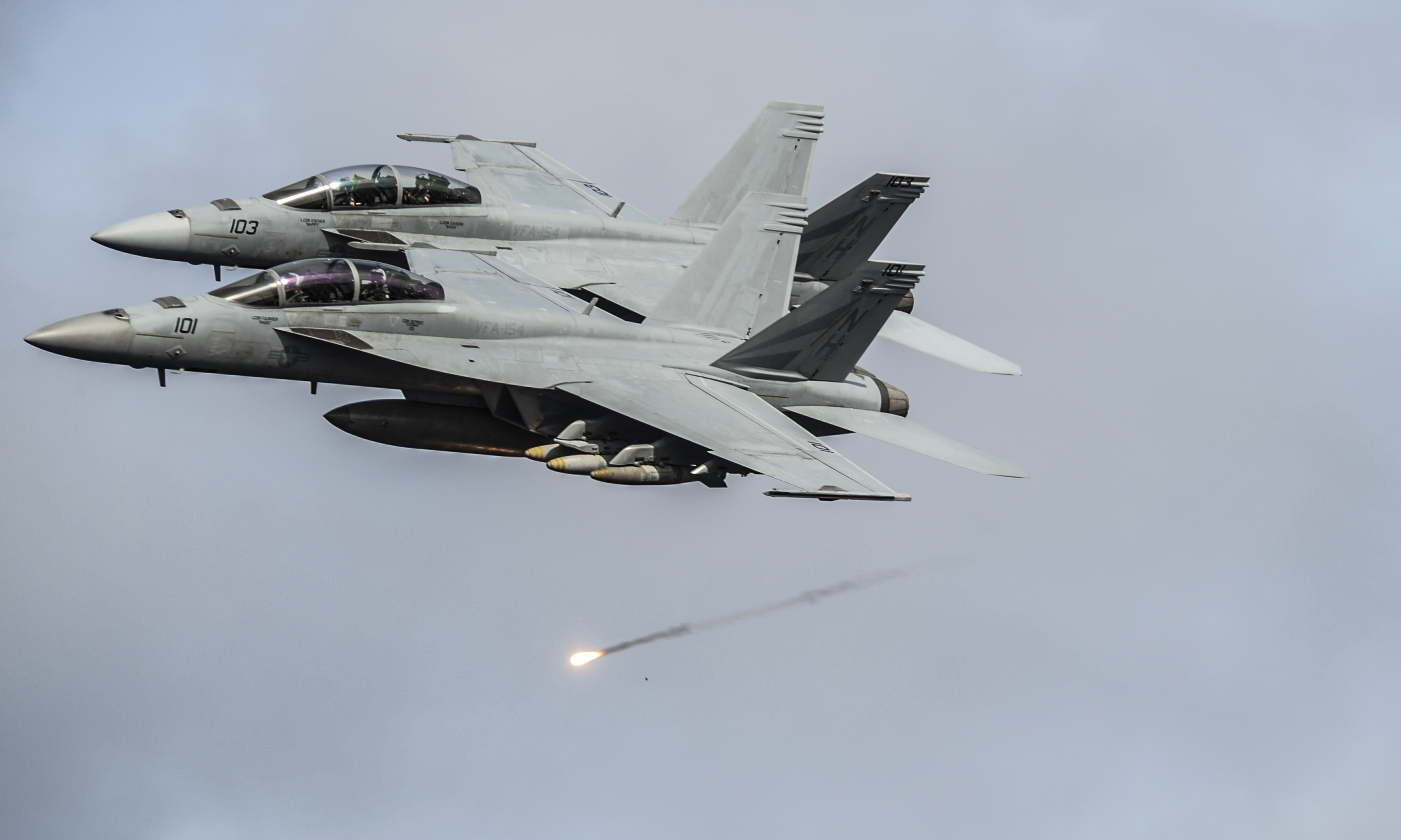
The Senate Appropriations defense subcommittee approved its Fiscal Year 2016 bill Tuesday morning, laying out $489.1 billion in base budget spending and $86.8 billion in Overseas Contingency Operations funding.
The text of the bill is not available yet, but committee chairman Sen. Thad Cochran (R-Miss.) said in statement that the bill includes $213.9 billion for operation and maintenance accounts and an additional $182 million to reduce readiness shortfalls, $18.2 billion for 10 Navy warships – an increase of $1.6 billion and one ship compared to the Navy’s request – and $8.2 billion for the Missile Defense Agency, an increase of $262 million above the request. The statement does not specify what the additional shipbuilding funding would go to, but the Senate Armed Services Committee added $1.7 billion across several ship classes to speed up delivery and the option to buy an additional Arleigh Burke-class destroyer (DDG-51).
Subcommittee vice chairman Sen. Dick Durbin (D-Ill.) said during Tuesday’s markup that the bill includes funding for 12 additional Boeing F/A-18E-F Super Hornets to address an immediate Navy shortfall. The bill also contains $789 million for European Reassurance Initiative to counter Russian aggression, $300 million to arm and train Ukrainian forces and $473 million to support Israeli missile defense.
A major point of contention in this bill, as with the House bill, is the use of OCO funding to circumvent the Budget Control Act spending caps. Some Democrats oppose increasing defense spending without doing the same for domestic spending, and some Republicans are upset the BCA caps are being breached at all.
“The bill transfers $36.5 billion from base operation and maintenance accounts to OCO in order to meet the overall defense funding levels requested by the President while avoiding sequestration by breaching the Budget Control Act caps,” Cochran’s statement reads.
“This transfer moves funding for operation and maintenance budget lines that have executed both base and OCO funding in the past. The amounts provided will also enable the Department of Defense (DoD) to meet emerging threats and support ongoing military operations against the Islamic State of Iraq and the Levant (ISIL).”
Durbin said during the markup, though, that he disagrees with the approach and that Defense Secretary Ash Carter told him as recently as this morning that he shares Durbin’s concerns.
“He said that be believed the OCO aspect of this bill is troubling. It is difficult for him, with the Department of Defense, to plan for next year with this one-year infusion of OCO funds,” Durbin said.
Full committee vice chairwoman Sen. Barbara Mikulski (D-Md.) released a statement on the bill, adding, “the Republican defense bill increases Overseas Contingency Operation (OCO) spending by $35.9 billion to circumvent the Budget Control Act (BCA) caps – OCO spending does not count against the caps – while not providing additional funding for non-defense programs. This approach not only violates the BCA and neglects other national needs, but is a poor way to budget for the defense of the nation. The OCO gimmick is opposed by President Obama, Defense Secretary Ash Carter, Joint Chiefs of Staff Chairman General Martin Dempsey and Office of Management and Budget Director Shaun Donovan. A much better approach is to negotiate a new budget deal to increase spending for both defense and domestic priorities.”





